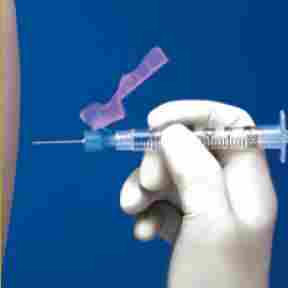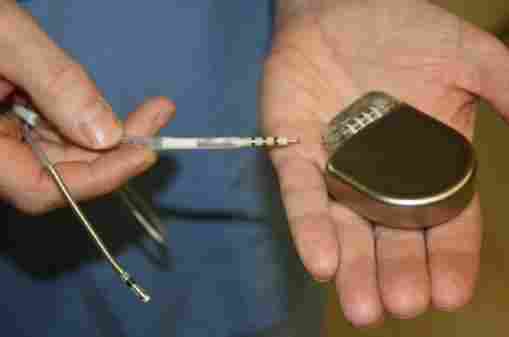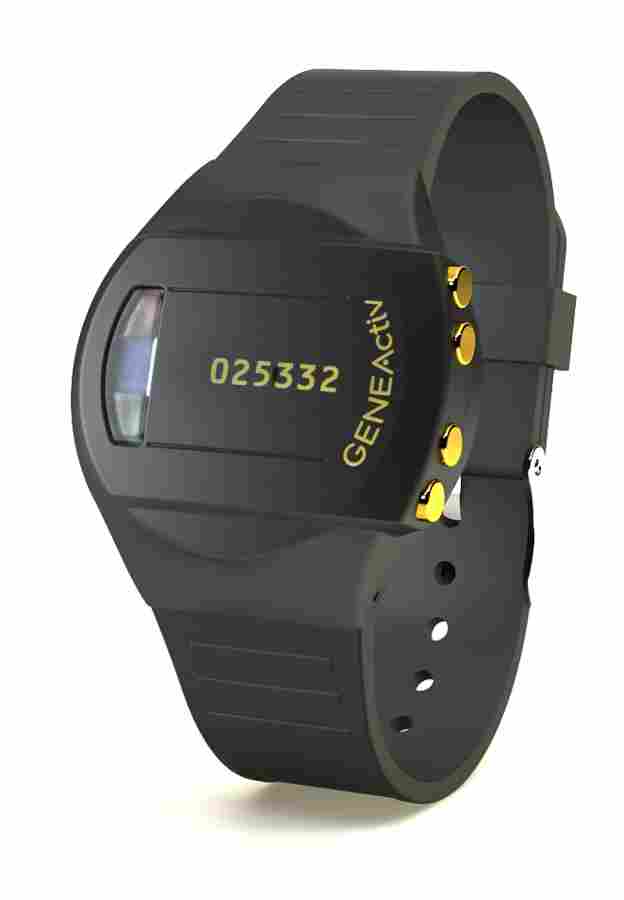New mattresses enhance care
PARK House Healthcare has introduced Advance Cover Technology across its range of static mattresses. Key features include an outer cover that is stronger, more durable and less susceptible to damage, and high-frequency welded seams to help reduce healthcare associated infections. To encourage best practice, the mattresses also include MHRA-approved cleaning and self auditing guidelines and are designed to reduce the risk of pressure ulcers. St Helen’s & Knowsley NHS Trust has been using the Permaflex Plus Advance for more than a year and Sarah Moran, tissue viability facilitator, said of its impact: “The mattresses are easy to use and have very durable covers, ideal to withstand acute hospital transportation and storage. Our trust audits all foam mattresses at ward level weekly so we can quickly identify any cover failures. Since we have introduced the new mattresses failure rates have decreased. This, in turn, has contributed to the overall reduction of cross infection.”
Safety needles help reduce needlestick risk

WINCHESTER and Eastleigh Healthcare NHS Trust has introduced BD Eclipse Safety Needles to comply with an EU directive aimed at reducing needlestick injuries among healthcare staff. The trust, which runs the Royal Hampshire County Hospital in Winchester and the Andover War Memorial Hospital, implemented the conversion to offer increased protection for staff. Designed for blood collection, the needles feature a shield that serves as a barrier between the clinician and the needle. Connie Hopper, head phlebotomist at the trust, said: “Following a spate of needlestick injuries we trialled the BD Eclipse and were impressed with how easily and effectively the safety cover was activated using a one-handed technique.” She added: “To see your staff going through the trauma of a needlestick injury is not pleasant. I had always prided myself on running a safe department, providing the best for staff and patients, and other than our choice of needles, we were achieving this. Many of us are guilty of shying away from change because of previous experience or fear of the unknown. However, if change means that we can improve safety, we should embrace it.” Healthcare trusts have until May 2013 to implement policies to reduce injuries.
Many of us are guilty of shying away from change because of previous experience or fear of the unknown. However, if change means that we can improve safety, we should embrace it
Lancashire cardiac trust in UK first

CARDIAC patients from across the North West are set to benefit from a revolutionary new pacemaker. The Lancashire Cardiac Centre, based at Blackpool Victoria Hospital, is the first centre in the country to start implanting the device into patients. Consultant cardiologist and divisional director, Dr Grahame Goode, said: “This new device is a defibrillator that works by giving a shock to a patient if they have a bad heart rhythm. It combines the three pins of the old machine into one, which makes it much smaller and the lead more manageable. We have been implanting them for a few months now and they are simpler, more straightforward and there is less that can go wrong, which can only be a good thing for our patients.” Angela Reed, allied professional technical consultant for Medtronic, which supplies the leads for the pacemaker, added: “The DF-4 implantable defibrillator system is an improved, simpler method for connecting an implantable defibrillator to a lead in the patient’s heart. The patient benefits from a less bulky implant site and the implanter benefits from reduced complexity, no potential connection errors and easier future replacements.” The system hooks up to the latest generation of implantable defibrillators - the Protecta ICD - which include the latest technology recognising life-threatening arrhythmias from non-life threatening episodes, and delivering a therapeutic shock only when a dangerous heartbeat is putting life at stake.
New product monitors physical activity

CRDM and ActiveInsights are set to launch GENEActiv, a unique body-worn accelerometer that measures and tracks everyday physical activity. The technology records information both on physical activity undertaken by a person and their environment up to 100 times a second over a week. The data can be interpreted by software to provide information about sleep, activity levels, calories burned, posture, activity type, steps taken and biomechanics. This information can be used by researchers and health practitioners to determine population-level trends, monitor clinical trials and to assist in advising individuals on health, body fitness and wellbeing. GENEActiv will be officially launched at ICAMPAM in Glasgow next month.
New app for lone workers

LEICESTER-BASED Voice Connect has launched a new app aimed at protecting healthcare staff working alone in the community. Designed to work on Nokia, Apple and Windows platforms, the device allows lone workers to set a remote alarm on their mobile phone so that if they are not out of a meeting or in a location by a pre-planned time, a colleague will be notified that something may have gone wrong. In addition, the staff member’s movements can also be traced online using a GPS signal sent from their phone. “Regular signals sent from the phone are transmitted so that the whereabouts of the worker can be traced to within a few metres of their last signal and can be viewed on a Google Maps aerial view of the location,” said David Harrison, Voice Connect’s technical director. “Previous known locations can also be seen so that help can be quickly dispatched if required.”
